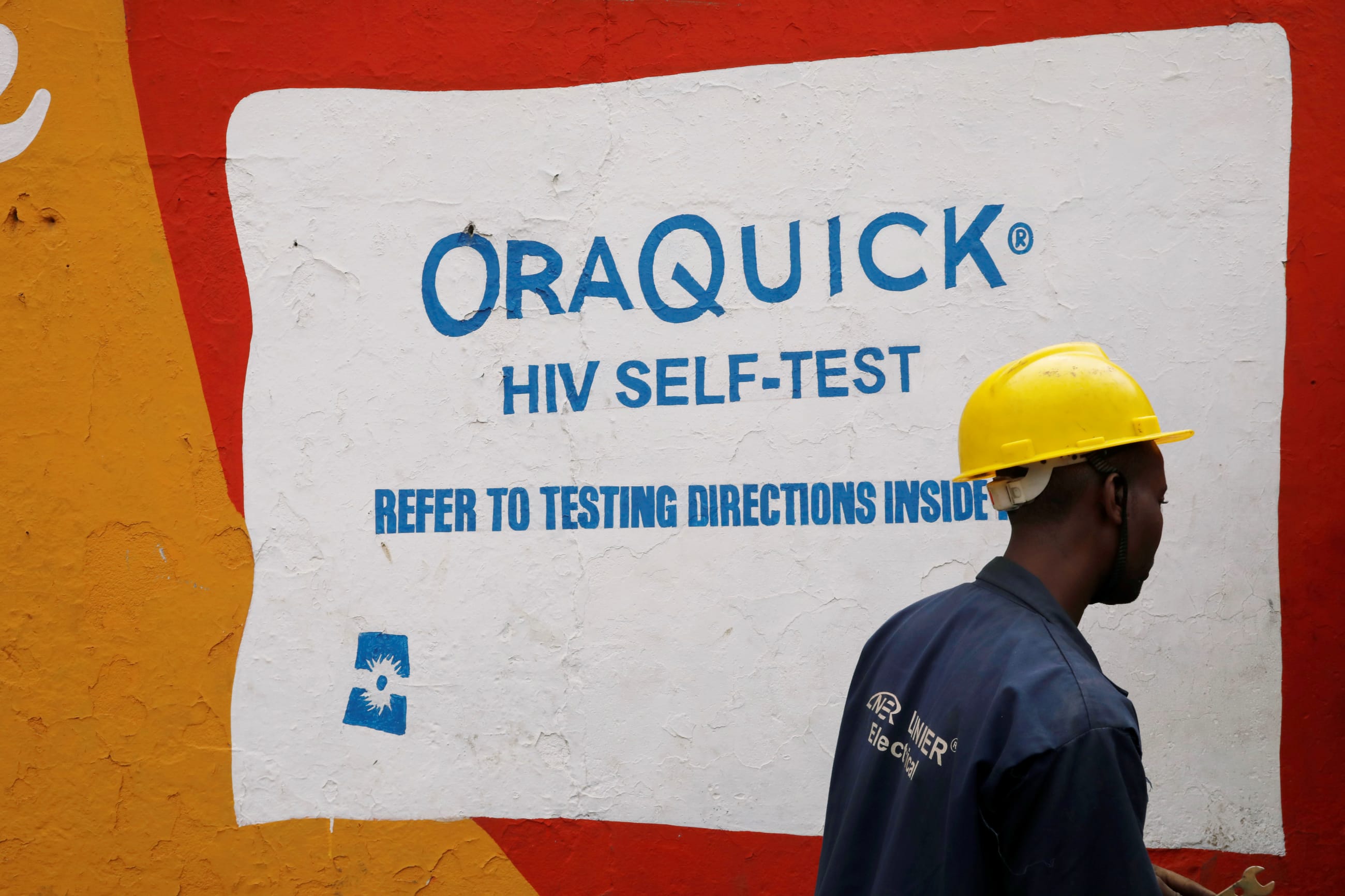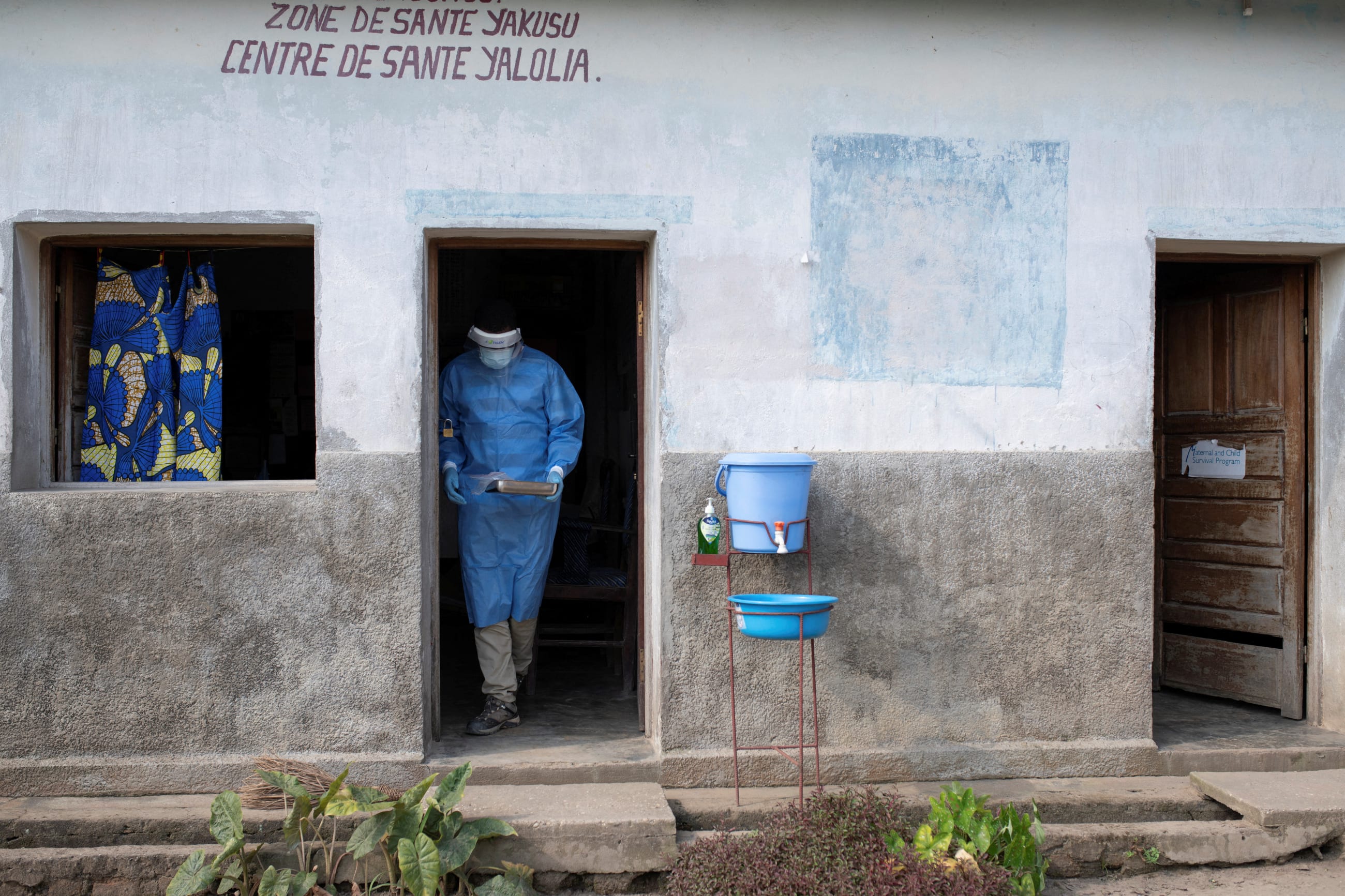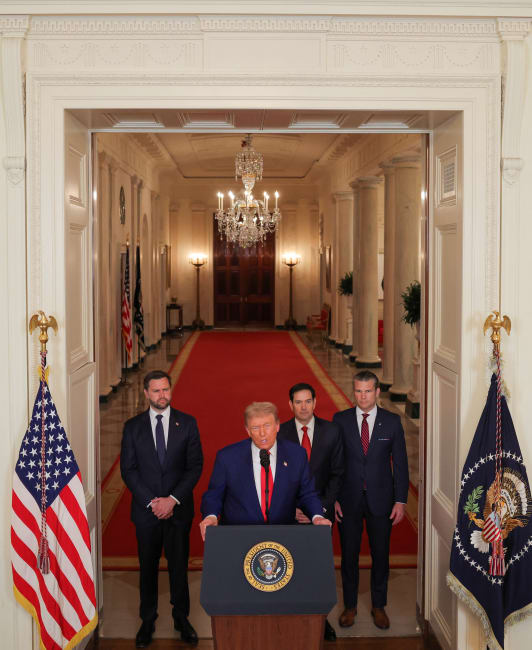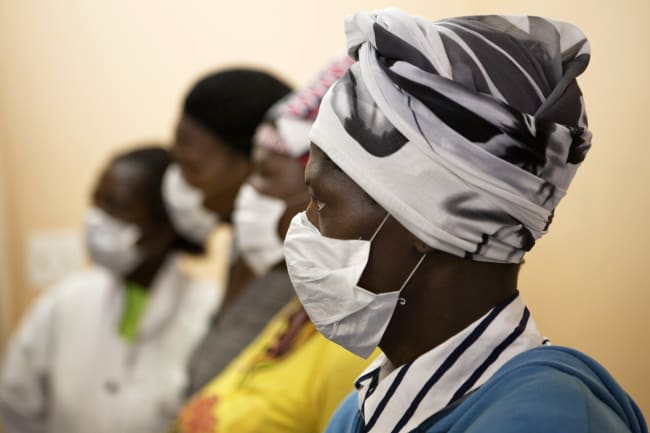The United States has released a new America First Global Health Strategy that, at face value, promises continuity. In it, Washington pledges to remain a major player in global health; to continue to support HIV, malaria, and TB responses; and to invest in surveillance and pandemic preparedness.
Beneath the familiar language, however, the document signals a decisive shift. The new stated purpose of U.S. global health engagement is to make America safer, stronger, and more prosperous. Saving lives abroad remains an objective, but only as far as it advances American national security and economic interests.
Africa is at the center of this strategy. The report highlights the continent's outbreak risks, its growing share of the world's population, and its wealth of strategic minerals. The blueprint names Africa as a priority theater of competition with China and emphasizes Africa's reliance on U.S. health assistance and the "culture of dependency" it claims this reliance has created. The America First strategy also proposes to reset relationships by replacing multilateral funding flows with bilateral agreements tied to performance benchmarks, data sharing, and cofinancing requirements.
Yet this is not a technical strategy. It is a political one. The plan reframes U.S. health assistance from a global public good to a strategic asset deployed in pursuit of national advantage. For African leaders, the implications are profound.
A Problematic Framing
The strategy opens by celebrating U.S. achievements, especially the role of the U.S. President's Emergency Plan for AIDS Relief (PEPFAR) in saving 26 million lives since 2003. No African leader would deny the transformative influence of PEPFAR and U.S. funding for HIV, malaria, TB, and outbreak responses. But having acknowledged these gains, the report pivots quickly to criticisms: Aid is inefficient; overheads are too high; and nongovernmental organizations (NGOs) have perpetuated dependence. The stated solution is bilateral agreements that will reduce inefficiency, enforce government coinvestment, and accelerate transition to local ownership.
This framing is problematic. It implies that inefficiency and dependency are primarily African failures, when in reality they are the product of donor-driven parallel systems
This framing is problematic. It implies that inefficiency and dependency are primarily African failures, when in reality they are the product of donor-driven parallel systems.
It was the United States that chose to channel funds through mostly U.S.-based NGOs and contractors rather than national systems. It was the United States that insisted on vertical disease programs for AIDS and TB, for example, rather than incorporation into national health services, creating fragmentation and duplication. It was the United States that maintained control over procurement, logistics, and data for its aid-backed programs.
To now criticize African countries for not owning what they were systematically excluded from creating is unfair and a distortion of history.
The strategy's emphasis on dependency also obscures the political economy of aid. The report notes, in passing, that U.S. companies have earned billions from global health procurement contracts. It celebrates the promotion of American pharmaceutical innovations, logistics providers, and diagnostics firms. Dependency has not only been African—it has also been structural dependence on U.S. technology, U.S. commodities, and U.S. supply chains.
Health Sovereignty at Risk
The strategy sets out new requirements that will reshape Africa's engagement with U.S. health assistance. Future funding will be channeled through bilateral agreements tied to strict performance benchmarks. Surveillance and data systems will be consolidated under U.S.-driven frameworks. Recipient governments will be required to cofinance frontline health costs and to reduce U.S. support over time. Procurement will continue to favor American products, even as African governments are being urged to invest in domestic manufacturing.

This model risks undermining African health sovereignty. By embedding U.S. staff in African ministries, controlling access to surveillance data, and tying funding to compliance with U.S. priorities, the strategy extends American oversight deep into African systems. By privileging U.S. commodities and innovations, the plan conflicts directly with continental initiatives such as the African Medicines Agency and the Partnership for African Vaccine Manufacturing. By demanding cofinancing without flexibility, it threatens to impose fiscal burdens that could crowd out investment in other health priorities.
Most troubling, the strategy frames Africa as a geopolitical battleground, presenting U.S. aid as a counterweight to China's Belt and Road Initiative. Health aid is no longer primarily about saving lives or strengthening systems—it is about securing influence. For Africa, such a course creates the risk of being caught between rival powers—African health systems reduced to pawns in the twenty-first century "scramble for Africa."
A Moment of Choice for Africa
Africa is not powerless in this equation. The continent has its own frameworks and momentum. The New Public Health Order for Africa, proposed by the Africa Centres for Disease Control and Prevention (Africa CDC) and adopted by the African Union in 2022, sets out a vision of strengthened institutions, workforce, domestic manufacturing, and sustainable financing. The Lusaka Agenda affirms the importance of universal health coverage and country ownership. Agenda 2063 sets health as a pillar of Africa's broader development ambitions. More recently, the Accra Health Sovereignty Summit has underscored the urgency of African-led financing and manufacturing, and Nigeria's Health Financing Dialogue has provided concrete steps toward increasing domestic resource mobilization.
The U.S. strategy should not be dismissed. It should be understood as the latest signal that donor financing is shifting, conditionalities will tighten, and Africa will be expected to shoulder more costs. This can be seen as a threat, but it can also be treated as an opportunity. If external partners are stepping back from the open-ended support of the past, then Africa must step forward with clarity and purpose.
Responding Strategically
The first imperative is to reclaim the narrative. African governments should reject the framing of dependency as a moral failing and insist on recognizing the structural dynamics that created it. They need to articulate their vision of partnership: one in which external support strengthens rather than supplants national systems and accountability is mutual rather than one-sided.
African governments should reject the framing of dependency as a moral failing and insist on recognizing the structural dynamics that created it
The second is to negotiate collectively. Bilateral agreements risk fragmenting the continent and increasing donor leverage. If each country negotiates alone, the stronger party will dictate terms. If Africa negotiates as blocs—through the African Union, Africa CDC, or regional economic communities—it can set common red lines. These ground rules should include protection of African manufacturing capacity, insistence on alignment with national health strategies, and rejection of conditionalities that undermine sovereignty.
The third is to accelerate domestic investment. The cofinancing requirement is reasonable in principle but needs to be defined on African terms. Domestic resource mobilization has been on Africa's agenda for a decade. It is now urgent. National health insurance schemes, earmarked taxes, excise levies, and pooled procurement are not abstract ideas; they are practical tools that countries such as Ghana, Kenya, Nigeria, and South Africa are already testing. Scaling these approaches is the surest way to reduce vulnerability to donor leverage.
The fourth is to protect Africa's industrial policy. If U.S. procurement continues to favor American products, African leaders must push back. The African Medicines Agency, regional manufacturing hubs, and pooled procurement mechanisms should be nonnegotiable. Health aid should not undermine continental industrialization strategies. Instead, it should support technology transfer, joint ventures, and regional supply chains.
The fifth is to insist on reciprocity in surveillance and data. The United States wants access to African data to protect American citizens. Africa should demand reciprocal access to U.S. technology, early-warning systems, and research outputs. Surveillance should be a two-way exchange, not an extraction.
A Call to Leadership
The America First Global Health Strategy reflects a reality that Africans have long known: Aid is never neutral. It always serves the interests of its providers. The difference now is that the United States has made those interests explicit. That clarity should sharpen Africa's response.
Africa cannot afford to drift into this new era unprepared. Its leaders must move beyond rhetoric about sovereignty and act decisively to anchor external partnerships within African strategies. That requires political will, financial commitment, and collective bargaining power. It requires resisting the temptation of short-term bilateral deals in favor of continental coherence. It requires prioritizing long-term sovereignty over immediate donor funding.
The Accra Summit, the Lusaka Agenda, and the New Public Health Order have laid the groundwork. Courage is needed operationalize those efforts. The U.S. strategy should be a wake-up call. If Africa fails to respond strategically, it risks locking into another generation of dependency—this time under even less favorable conditions.
Seize the moment and leverage shifting donor priorities to accelerate our own. Africans must be the architects of our own health future.













